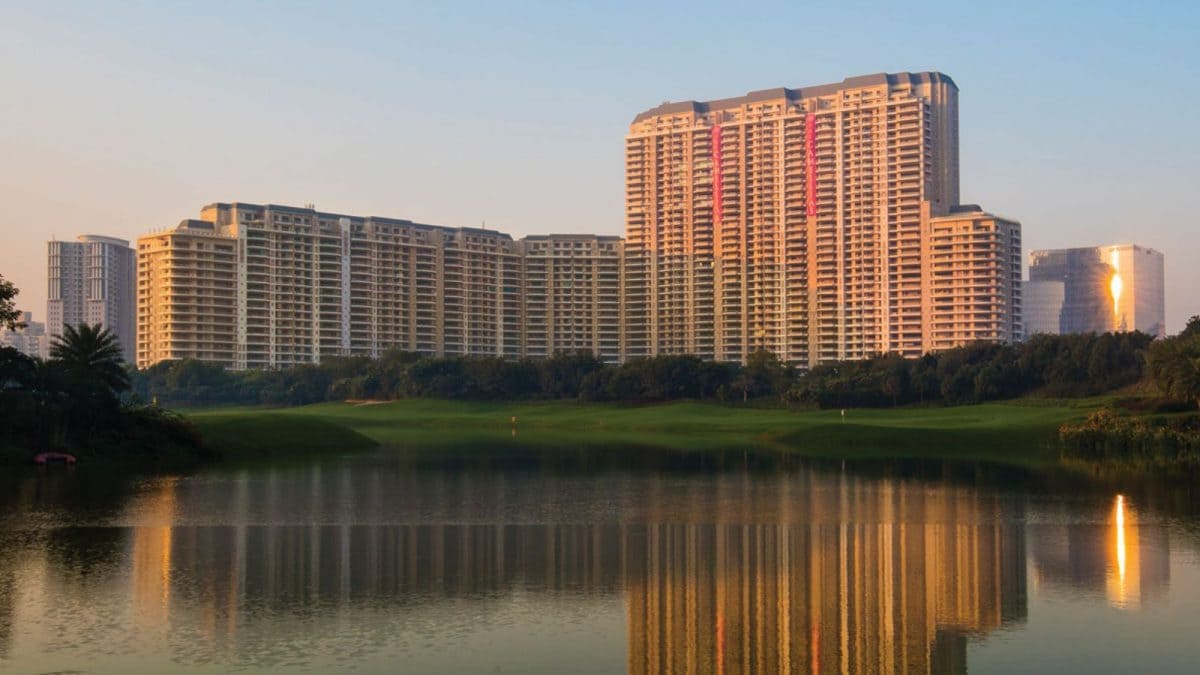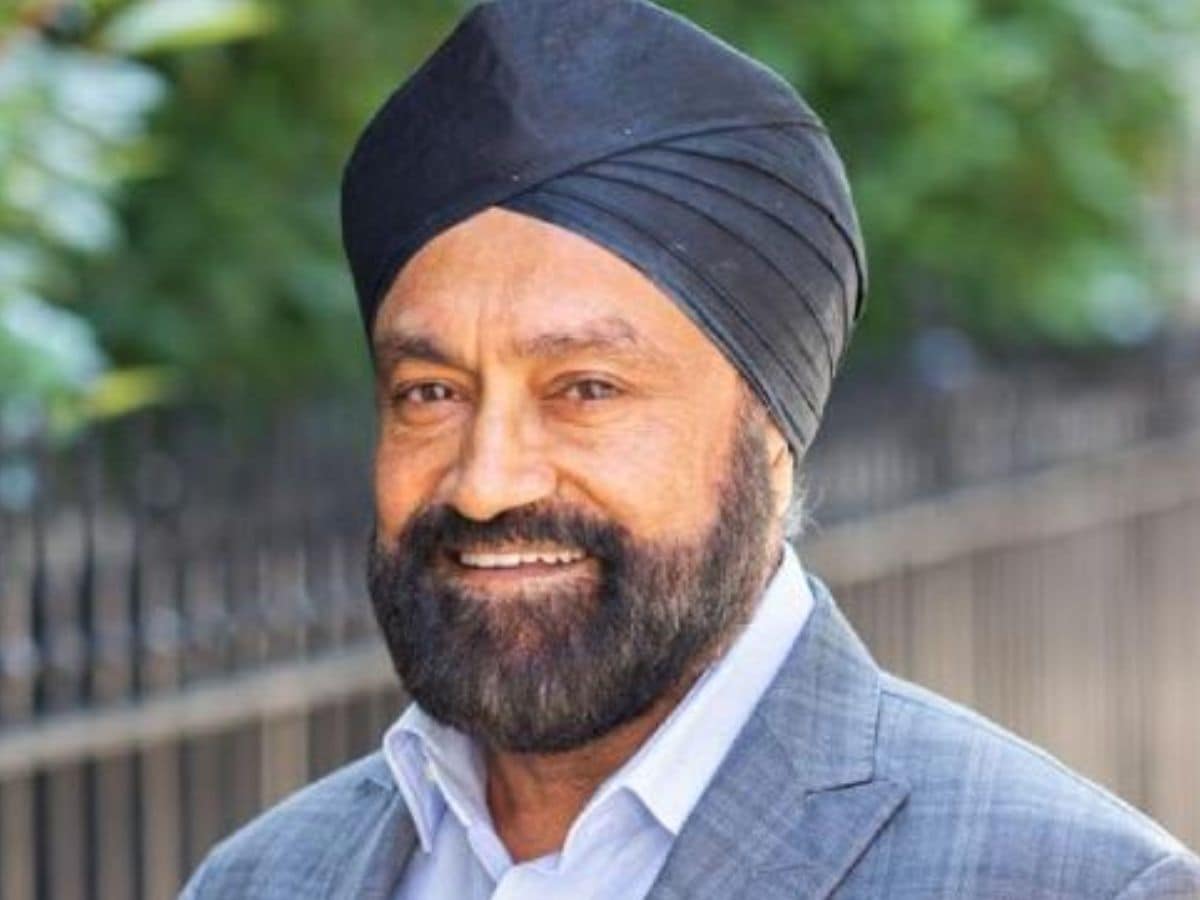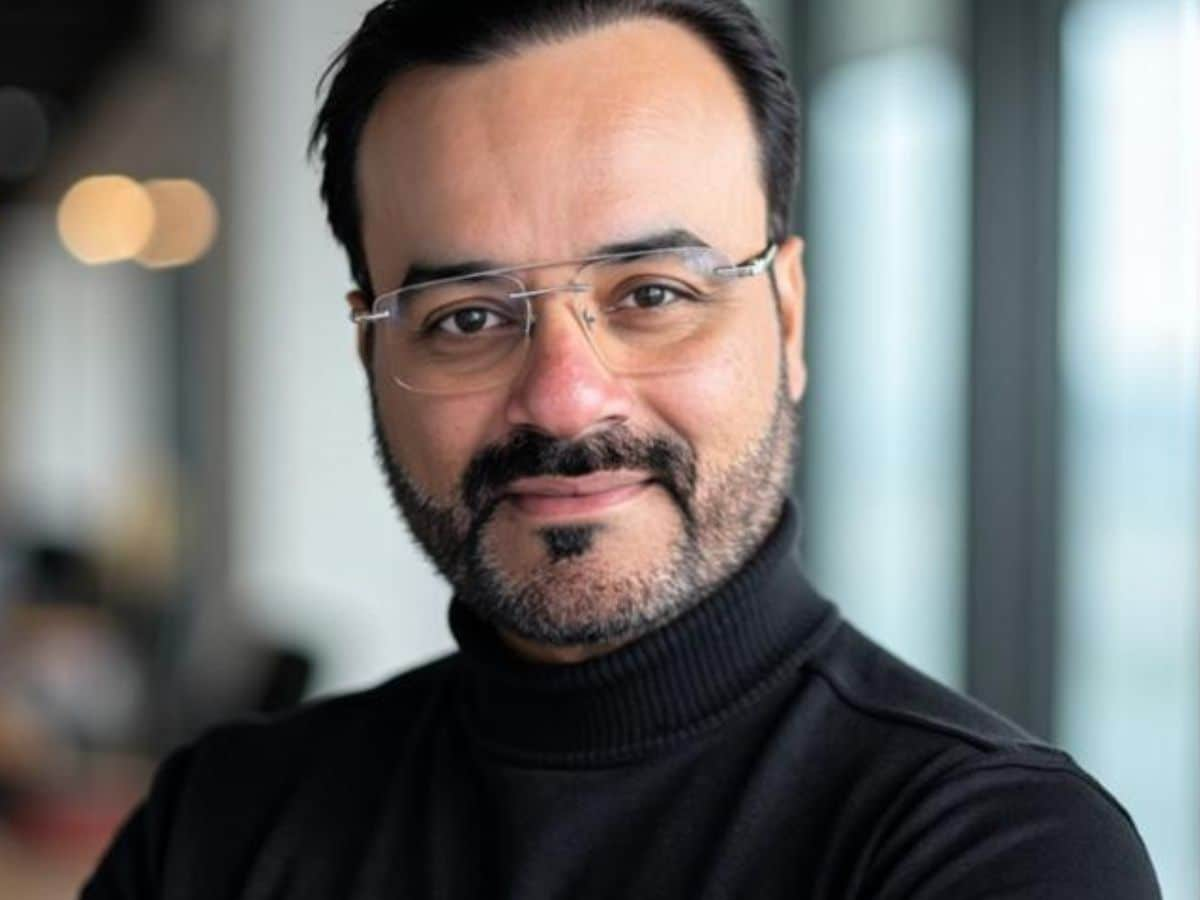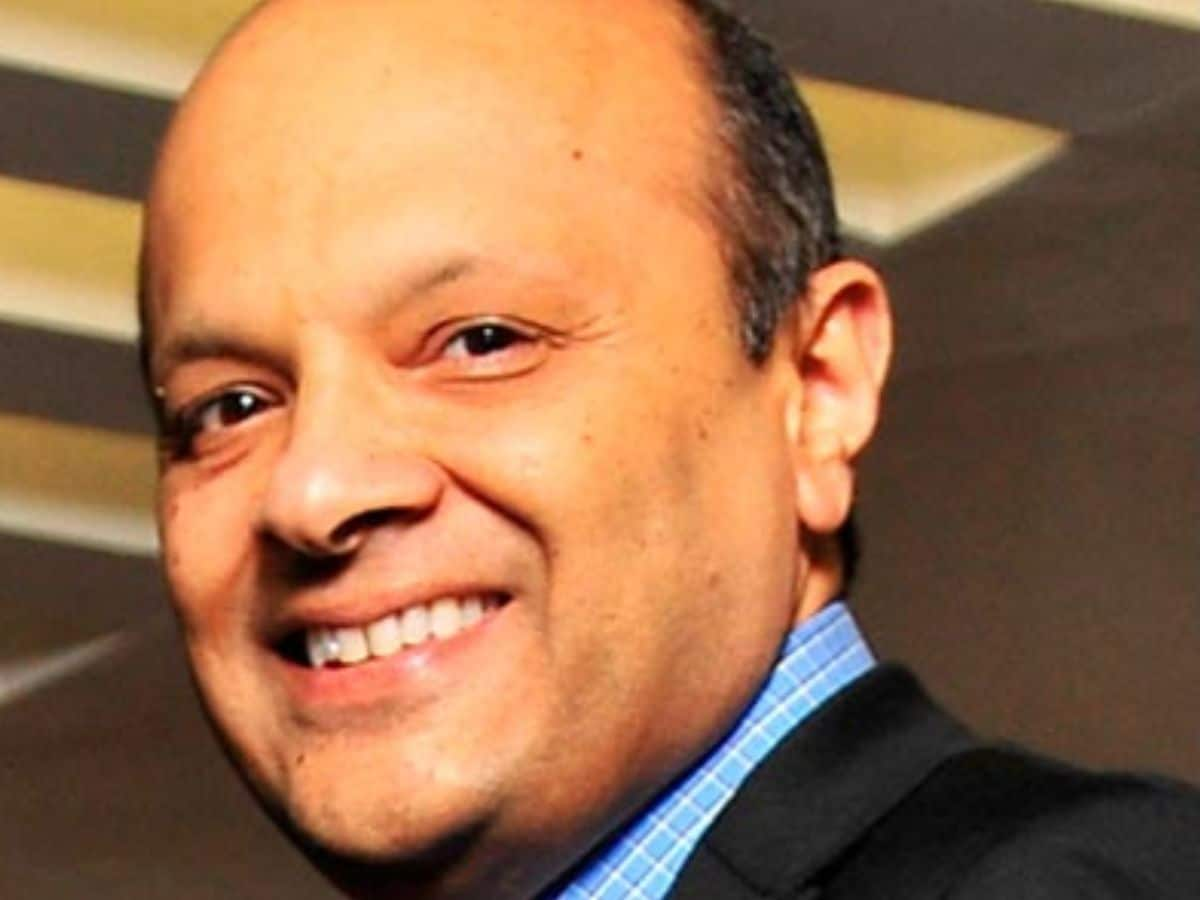Business
These 7 Rich People Live In Gurugram’s Poshest Society Where Flats Cost More Than Luxury Cars

Gurugram has long been considered the corporate capital, but one residential tower has now become a symbol of how the super-rich prefer to live. DLF’s ultra-luxury project ‘The Camellias’, spread across Sector 42 along Golf Course Road, is today the costliest address in the city, where even a single apartment can rival the price of a fleet of imported luxury cars. Launched in 2014 at a base price of Rs 22,500 per square foot, the project’s rates have skyrocketed to nearly Rs 85,000 per square foot in 2025. An average flat here runs into dozens of crores, while the largest penthouses easily touch Rs 150–200 crore. (News18 Hindi)

The society has quietly attracted a who’s who of entrepreneurs and business leaders, many of whom have shifted in with record-breaking property deals. One of the latest entrants is London-based billionaire, Sukhpal Singh Ahluwalia, who recently sealed a deal for an 11,416-square-foot apartment worth Rs 100 crore. Ahluwalia, who already owns a grand bungalow in Delhi’s Lutyens zone, is now among the high-profile names calling Camellias home. (News18 Hindi)

The project has also recorded the city’s costliest penthouse sale. Rishi Party, CEO of Info-X Software, bought a massive 16,290-square-foot penthouse for Rs 190 crore. The deal, finalised on December 2, 2024, came with a stamp duty payment of Rs 13.30 crore, one of the highest in Gurugram’s real estate history. (News18 Hindi)

Another big-ticket buyer is Deep Kalra, founder of MakeMyTrip, who along with his wife Amrita, purchased a 7,430-square-foot apartment for Rs 46.25 crore. (News18 Hindi)

Sameer Manchanda, founder of DEN Networks, and his wife Kavita too are part of the elite neighbourhood. Their 10,813-square-foot apartment cost Rs 37.83 crore, bought in 2019 but officially registered only in March 2024 after final payments. A stamp duty of Rs 2.27 crore was paid on the property. (News18 Hindi)

From the startup world, Aman Gupta, co-founder of boAt, joined the list of high-profile residents when he picked up an apartment worth Rs 52.3 crore in August 2022. Officially registered in March 2025, Gupta also paid a stamp duty of Rs 3.66 crore on the deal. (News18 Hindi)

The power couple behind Mamaearth, Varun and Ghazal Alagh, already own a 10,000-square-foot residence here, reportedly valued at around Rs 100 crore. Ghazal, who also gained fame as a judge on Shark Tank India, often highlights her move into the high-rise as a lifestyle upgrade. (News18 Hindi)
Business
OGRA Announces LPG Price Increase for December – SUCH TV

The Oil and Gas Regulatory Authority (OGRA) has approved a fresh increase in the price of liquefied petroleum gas (LPG), raising the cost for both domestic consumers and commercial users.
According to the notification issued, the LPG price has been increased by Rs7.39 per kilogram, setting the new rate at Rs209 per kg for December. As a result, the price of a domestic LPG cylinder has risen by Rs87.21, bringing the new price to Rs2,466.10.
In November, the price of LPG stood at Rs201 per kg, while the domestic cylinder was priced at Rs2,378.89.
The latest price hike is expected to put additional pressure on households already grappling with rising living costs nationwide.
Business
Private sector data: Over 2 lakh private companies closed in 5 years; govt flags monitoring for suspicious cases – The Times of India

NEW DELHI: The government on Monday said that over the past five years, more than two lakh private companies have been closed in India.According to data provided by Minister of State for Corporate Affairs Harsh Malhotra in a written reply to the Lok Sabha, a total of 2,04,268 private companies were shut down between 2020-21 and 2024-25 due to amalgamation, conversion, dissolution or being struck off from official records under the Companies Act, 2013.Regarding the rehabilitation of employees from these closed companies, the minister said there is currently no proposal before the government, as reported by PTI. In the same period, 1,85,350 companies were officially removed from government records, including 8,648 entities struck off till July 16 this fiscal year. Companies can be removed from records if they are inactive for long periods or voluntarily after fulfilling regulatory requirements.On queries about shell companies and their potential use in money laundering, Malhotra highlighted that the term “shell company” is not defined under the Companies Act, 2013. However, he added that whenever suspicious instances are reported, they are shared with other government agencies such as the Enforcement Directorate and the Income Tax Department for monitoring.A major push to remove inactive companies took place in 2022-23, when 82,125 companies were struck off during a strike-off drive by the corporate affairs ministry.The minister also highlighted the government’s broader policy to simplify and rationalize the tax system. “It is the stated policy of the government to gradually phase out exemptions and deductions while rationalising tax rates to create a simple, transparent, and equitable tax regime,” he said. He added that several reforms have been undertaken to promote investment and ease of doing business, including substantial reductions in corporate tax rates for existing and new domestic companies.
Business
Pakistan’s Textile Exports Reach Historic High in FY2025-26 – SUCH TV

Pakistan’s textile exports surged to $6.4 billion during the first four months of the 2025-26 fiscal year, marking the highest trade volume for the sector in this period.
According to the Pakistan Bureau of Statistics (PBS), value-added textile sectors were key contributors to the growth.
Knitwear exports reached $1.9 billion, while ready-made garments contributed $1.4 billion.
Significant increases were observed across several commodities: cotton yarn exports rose 7.74% to $238.9 million, and raw cotton exports jumped 100%, reaching $2.6 million from zero exports the previous year.
Other notable gains included tents, canvas, and tarpaulins, up 32.34% to $53.48 million, while ready-made garments increased 5.11% to $1.43 billion.
Exports of made-up textile articles, excluding towels and bedwear, rose 4.17%, totaling $274.75 million.
The report also mentioned that the growth in textile exports is a result of improved global demand and stability in the value of the Pakistani rupee.
-

 Sports1 week ago
Sports1 week agoWATCH: Ronaldo scores spectacular bicycle kick
-

 Entertainment1 week ago
Entertainment1 week agoWelcome to Derry’ episode 5 delivers shocking twist
-

 Politics1 week ago
Politics1 week agoWashington and Kyiv Stress Any Peace Deal Must Fully Respect Ukraine’s Sovereignty
-

 Business1 week ago
Business1 week agoKey economic data and trends that will shape Rachel Reeves’ Budget
-

 Politics1 week ago
Politics1 week ago53,000 Sikhs vote in Ottawa Khalistan Referendum amid Carney-Modi trade talks scrutiny
-

 Tech6 days ago
Tech6 days agoWake Up—the Best Black Friday Mattress Sales Are Here
-

 Fashion1 week ago
Fashion1 week agoCanada’s Lululemon unveils team Canada kit for Milano Cortina 2026
-

 Tech1 day ago
Tech1 day agoGet Your Steps In From Your Home Office With This Walking Pad—On Sale This Week





